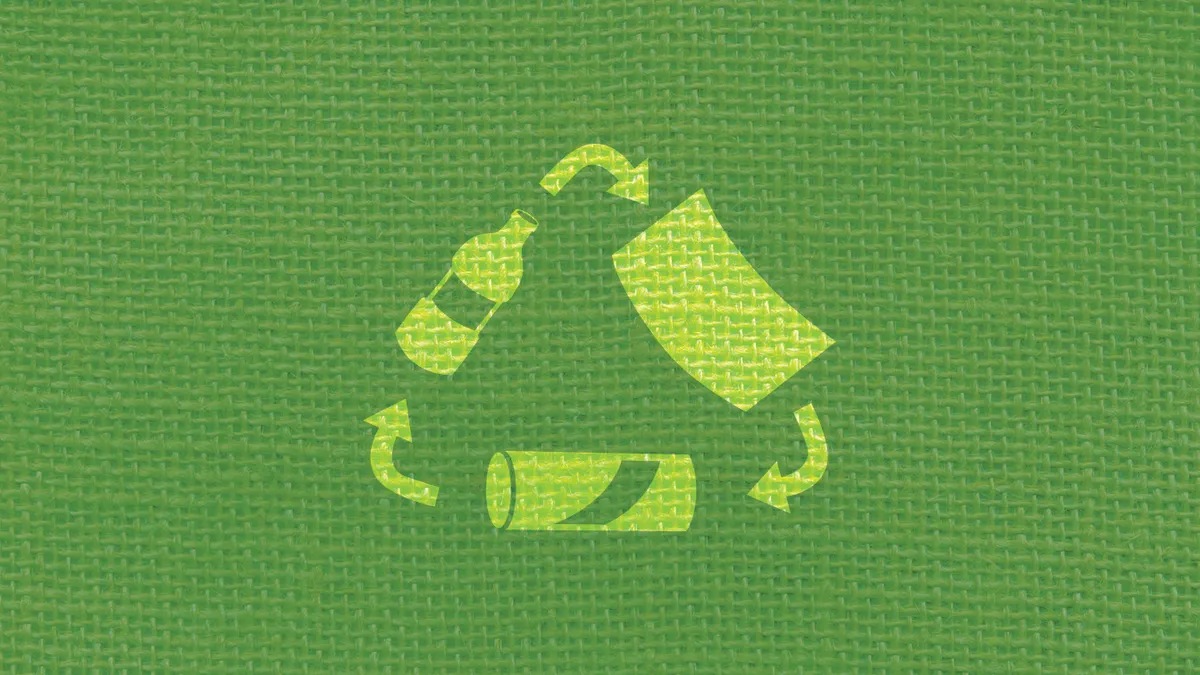Dive Brief:
- Residents of British Columbia, Canada can now drop off their chip bags, zipper-lock pouches for frozen food, cellophane wrap, packaging for deli meats and other materials at 116 depots across the province as part of a research and development project aimed at recycling these increasingly common packaging types.
- The project will be led by Recycle BC, a nonprofit that handles the province’s residential recycling, in partnership with Merlin Plastics. According to Recycle BC, these products, deemed “other flexible packaging,” are particularly challenging to recycle because of the combined materials used to manufacture them. The packaging will now be one of the largest categories of material not previously included in the nonprofit’s residential recycling program.
- The program will be implemented in three phases. After the initial depots are established, more will be added in September. By next year, all Recycle BC depots in the province are expected to collect this type of packaging. Any packaging collected through the project that can’t be recycled will be recovered and converted into engineered fuel.
Dive Insight:
Snack bags and some plastic films have long been a source of confusion for consumers. They’ve also been a source of frustration for recycling companies that have struggled with the packaging being misplaced in recycling bins.
There have been some limited efforts to recycle this packaging. TerraCycle has partnered with other companies to recycle these materials for charitable causes. A few years ago, SunChips introduced a compostable version of its bag that was pulled after complaints that it was extremely loud when crumpled.
According to Recycle BC's managing director, this type of pilot project is unique within North America. There are similar programs underway elsewhere, but those are industry led. Dow Packaging and Specialty Plastics and Keep America Beautiful operate the Hefty EnergyBag program that also seeks to recycle chip bags, juice pouches and other previously unrecyclable materials. The American Chemistry Council’s Plastics Division also announced last month that it plans to ensure all plastic packaging is recyclable or recoverable by 2030.
However, the EnergyBag program has drawn detractors. Omaha-based sustainability firm Verdis Group criticized the program for its reliance on incineration. Environmental group Global Alliance for Incinerator Alternatives called it a “false” path to zero waste that would create confusion among consumers. At the same time, this type of program has also been billed as a solution for municipalities struggling with China's ban on other mixed plastics.
While British Columbia does have "zero waste" goals that encourage product redesign, the launch of this new program may be a sign that area recycling professionals expect these types of plastic products will be a part of the waste stream for the foreseeable future.













